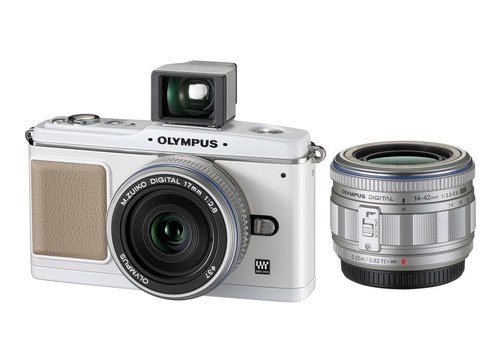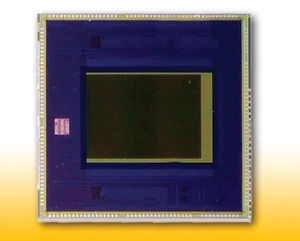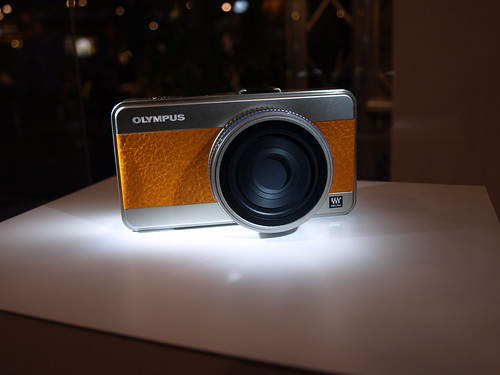
The Olympus EP-1 has become an exceedingly popular camera. Besides the mass amounts of media coverage that one sees/reads, they’re very hard to get your hands on as the units move very fast. But besides being able to take pictures, this camera and its relative the Panasonic GH1 shoot video: good quality video too. One of the criticisms of the system is not having lots of lenses available for the system. That criticism is very, very untrue. [Read more…]







